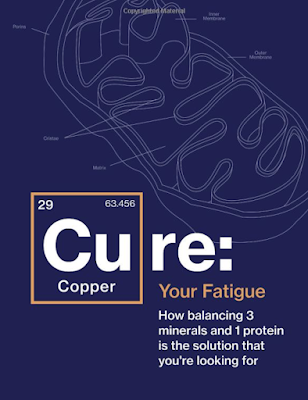18 Best Over the Counter Vitamin D Supplements 2024
Vitamin D is a fat-soluble vitamin, meaning that it dissolves in fats and oils and can be stored in your body for a long time. Vitamin D is important to the body in many ways. It helps the body absorb calcium from food and supplements. Muscles need it to move, for example, nerves need it to carry messages between the brain and every body part, and the immune system needs vitamin D to fight off invading bacteria and viruses. Together with calcium, vitamin D also helps protect older adults from osteoporosis. Vitamin D is found in cells throughout the body. Even more popular at the moment is the role of vitamin D and the potential benefits against COVID-19. This is probably one of the reasons that's driving the demand on vitamin D related products. In recent and months, several publications and studies have suggested that maintaining adequate levels of vitamin D would seem potentially beneficial in fighting the COVID-19 infection. How do you know that your vitamin D level is adequate

